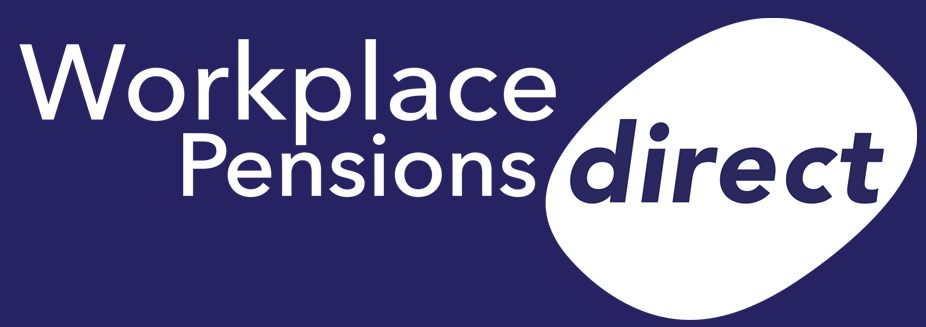Frequently Asked Questions
COVID-19 Frequently Asked Questions
- Can employers or employees take a Pension Contribution Holiday?
- What will happen if our cash flow situation prevents us paying over pension contributions to our pension provider?
- Payroll Processing – information available on 24th March 2020
- COVID-19 – Job Retention Scheme: Are pension contributions included?
- Furloughed Workers – employment issues
- COVID-19 – Job Retention Scheme: Updated 3rd April 2020
- COVID-19 – Job Retention Scheme: Get ready to claim
- COVID-19 – Getting Back to Work Safely
- COVID-19 – Job Retention Scheme: 1st July 2020 Update
- COVID-19 – Job Retention Scheme: 1st September 2020 Update
- COVID-19 – Update – changes from 1st November 2020 – updated 25th September 2020
What Are An Employers Duties And Deadlines
Auto Enrolment is part of the Pensions Act 2008. It is legally binding and covers initial plus ongoing duties every employer with workers must adhere to.
Every employer that has at least one member of staff has legal obligations, no matter the age of the business.
As soon as an employer takes on a member of staff aged between 16 and 75, they MUST take action as the clock starts ticking as soon as they start employment. Certain employees must be auto enrolled into a pension scheme and the correct procedures followed.
Postponement is a significant cost saving option for any new business. Postponement means that employee and employer contributions do not need to start until 3 MONTHS after the employees start date in the company. Postponement can only be selected as an option within the first 6 WEEKS of an employees start date.
Choosing a pension scheme is only a small part of the process. Choosing the correct scheme is crucial as each scheme has different charges, functionality and fund options. You are, in effect, selecting savings plans for your employees, therefore, it is very important to get this right.
Workplace Pensions Direct manage the whole of this process to ensure everything is completed correctly.
Why An Employers Ongoing Duties Are Important
This is a link to the legal ongoing duties you are expected to complete every single pay period:
Pensions Regulator Ongoing Duties
Any new member of staff or changes to any circumstances must be assessed every pay period and the relevant action taken.
In addition to staff changes, there are regulatory changes which the Pensions Regulator expects you to be aware of.
Workplace Pensions Direct ensures your scheme is kept up to date as long as we are aware of the changes required.
Why Pension Scheme Choice Is So Important
As an employer, you have to choose a “qualifying Workplace Pension Scheme”. You must consider scheme charges including the basis of which contributions are made, fund charges, functionality and service. With contribution rates rising to 8% in April 2019, this has never been a more important time to make all of these considerations.
NEST has been a traditionally popular choice as it is government backed and comes at no extra cost to the employer, however, there are a large number of other schemes that are available that can be more cost effective and still deliver very similar benefits and functionality.
Workplace Pensions Direct regularly reviews its panel of pension schemes it offers and also secures special deals that are not available to the general public. We always recommend employers review their existing arrangements to ensure they continue to be fit for purpose.
Are There Implications For Non-Compliance
The Pensions Regulator expects every business to be fully compliant for this to be updated every pay period.
Thats means new joiners, leavers, changes to staff circumstances, changes to legislation all must be taken into account.
The Regulator regularly audits employers at random to ensure ongoing compliance. Implications are as follows:
- FINANCIAL RISK: Failure to enrol someone on time will result in backdated contributions (both employer and employee).
- FINES: Failure to take action can result in a fixed penalty notice of £400.00 and recurring fines.
- REPUTATIONAL RISK: Failure to take action can result in employee complaints and potential tribunals.
